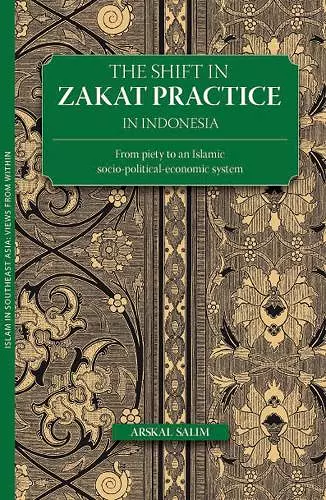The Shift in Zakat Practice in Indonesia
From Piety to an Islamic Socio-Political-Economic System
Format:Paperback
Publisher:Silkworm Books / Trasvin Publications LP
Published:27th Oct '08
Currently unavailable, and unfortunately no date known when it will be back

Argues that zakat practice changed structurally and institutionally
In Indonesia, since the coming of Islam, zakat has been a means of worship, and its collection has been voluntary and decentralized. This work argues that in the post-New Order regime zakat practice changed structurally and institutionally through the enactment of a law on zakat management, followed by the establishment of a national zakat agency.
Zakat, one of Islam's Five Pillars, is the practice of giving a fixed proportion of one's financial assets to those in need, thereby purifying both one's soul and one's remaining wealth. In Indonesia, since the coming of Islam, zakat has been a means of worship, and its collection has been voluntary and decentralized.
Arskal Salim's study argues that in the post-New Order regime (1966-1998) zakat practice changed structurally and institutionally through the enactment of a law on zakat management, followed by the establishment of a national zakat agency. A cultural shift is now in progress with two possible outcomes: either zakat collection will become compulsory and centralized or it will become such an intricate part of taxation law that it loses its spiritual relevance.
ISBN: 9789749511084
Dimensions: unknown
Weight: 181g
111 pages